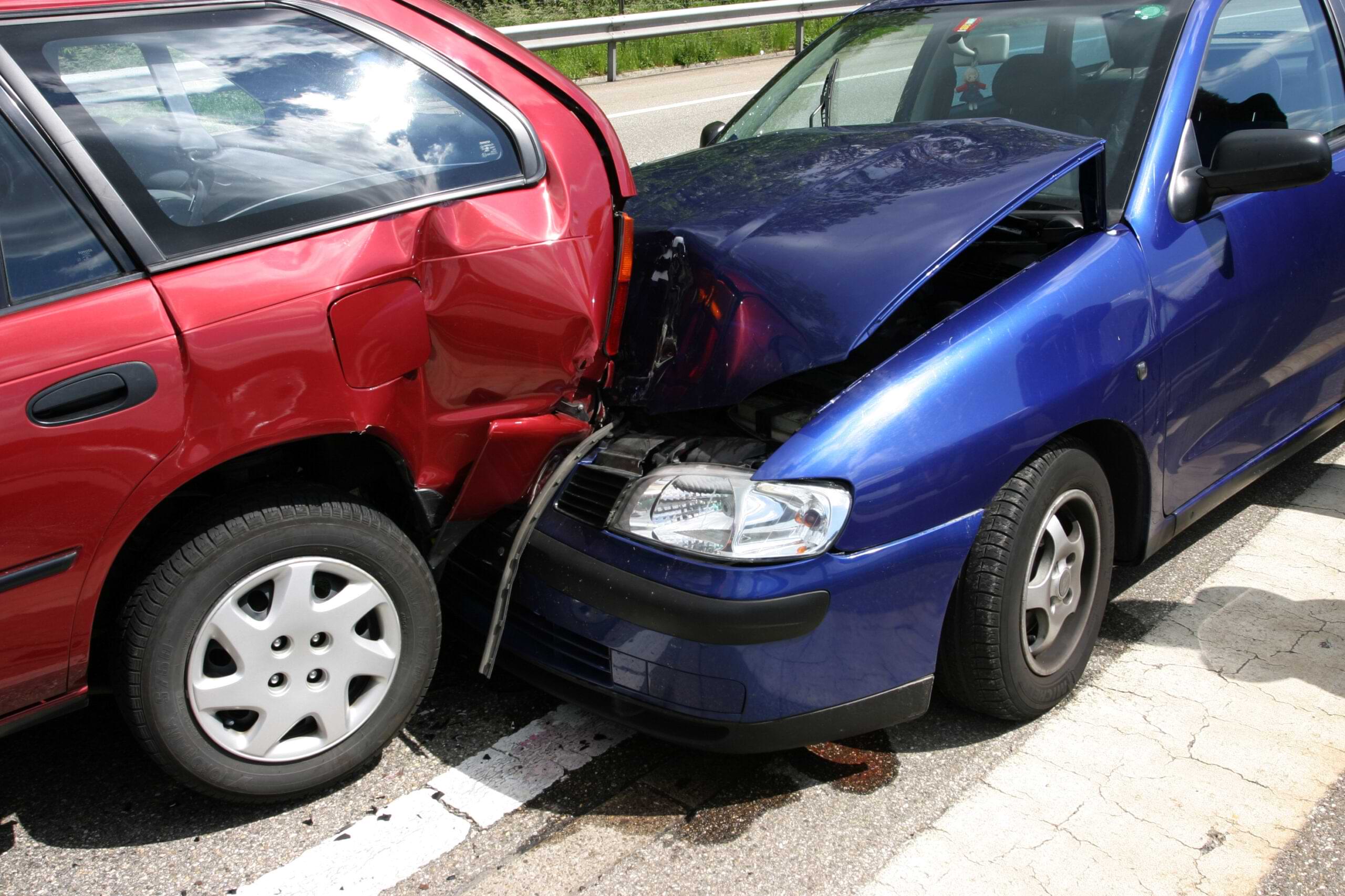Can Both Drivers Be At Fault In A Florida Car Accident?

If you were involved in a car accident, let us first say that we’re sorry you had to go through that – no matter how “minor”, car accidents are always scary and inconvenient, and if you were injured, they can be an interruption that negatively affects many different aspects of your life for months or even years to come. Florida is actually one of the most dangerous states to drive in. Sadly, data from 2010 to 2020 shows that our state was in the top 10 states in the U.S. that recorded the most traffic deaths. Being injured in a car accident in Florida isn’t uncommon, even though it is devastating.
You may have many questions about what to do next and what your options are, specifically when it comes to the financial aspect of a crash. If your vehicle was damaged and you have insurance, the cost of repairs or replacement should be covered by car insurance – either your company or the other driver’s company, depending on who was at fault. But what about your medical bills – who pays for them if you were at fault? If the other person was at fault? And what if both of you were technically at fault in a Florida car accident? What do Florida’s “at fault” laws mean, and how do they impact your options?
Our Florida car accident lawyers have spent over 38 years fighting for the rights of car accident victims and helping them obtain maximum compensation for the pain and suffering they endured. We have extensive knowledge and experience with Florida’s at-fault laws, which can be confusing, and to date we have recovered over $1 billion for our clients in injury claims. Learn more below about how Florida’s at-fault laws affect your case and how comparative negligence affects how much you may be able to win, and then call The Florida Law Group today to schedule a free consultation!
Florida Is A “No-Fault” State – Does That Mean No One Is At Fault For The Crash?
No. Florida is one of only a few states with “no-fault” laws, for now, but that doesn’t mean that no one has legal responsibility for the crash. The crash could be caused by a single negligent driver or by the contributory actions of two or more drivers, but someone (or multiple people) definitely caused it. (This is true except in rare situations when the accident involved an animal, such as a deer that jumped in front of a car, or a freak weather condition, such as a lightning strike or sinkhole.)
What these laws do mean is that every driver who is injured must go through their own insurance company to seek damages first, rather than the other party’s. Every driver in Florida is required to carry at least $10,000 in personal injury protection coverage (PIP), and this will be the first thing that pays for your medical bills. PIP will cover 80% of approved costs for medical expenses that are considered emergencies, and $2,500 for medical expenses that are not. PIP will also cover 60% of your lost earnings from time you have to take off work while you heal from your injuries. PIP can benefit you regardless of whether or not you were at fault in a Florida car accident or not.
However, 80% of medical bills and 60% of lost wages isn’t a lot when you consider the actual costs of these items. Depending on the state of your injuries, you may incur costs for things like:
- Surgeries
- Imaging tests (X-rays, MRIs, CT scans)
- Blood work and transfusions
- Hospitalization
- Emergency room care and/or intensive unit care
- Physical therapy
- Chiropractic care
- Rehabilitation
- Medications
- Copays
- Deductibles
- And more.
When everything is said and done, this could easily add up to tens of thousands or even hundreds of thousands of dollars. Say your total medical costs amounted to $60,000, for a few surgeries and months of physical therapy related to damaged lower back discs; if they weren’t considered an emergency, then your insurance would leave you with $57,500 in out of pocket expenses. Health insurance may cover some, but not all, of that amount. Amounts like this can send individuals and families deep down a rabbit hole of medical debt and even result in bankruptcy.
That’s why if you were not entirely at fault in a Florida car accident, it’s wise to seek compensation from the other party’s insurance company with the help of a personal injury lawyer in order to ensure that you aren’t bearing the full burden of the costs alone!
Comparative Negligence – What Percent Are Both Drivers At Fault In A Florida Car Accident If They Both Contributed?
It’s possible to be at fault in a Florida car accident without the accident being entirely your fault, legally speaking. That’s because Florida has something known as a comparative negligence standard. A percentage of fault can be assigned to both drivers in a crash, and then the one who was less at fault (under 50%) can receive compensation pursuant to that percentage.
For example, say that you were rear-ended from behind by someone who was texting and driving, and also speeding, but you moved into their lane without a signal or any other warning right before you were hit. Their negligence was the main factor in the crash, but yours was a factor. If you were to sue their insurance company for compensation, a court may find you to have shared 20% of fault for the accident, meaning that if they awarded you $90,000 in compensation, you can only recover 80% of that amount ($72,000).
You Deserve Quality Legal Representation No Matter What!
Everyone makes mistakes while driving – just because you may also be at fault for the crash doesn’t mean that you don’t deserve payment for your injuries if someone else was at fault as well! However, recovering compensation from either your insurance company or the other driver’s can be a difficult, complex process. The Florida Law Group can explain your options and guide you every step of the way to the best outcome! You don’t have to pay us unless and until we win your case. Call today to schedule a free consultation with our attorney team!


